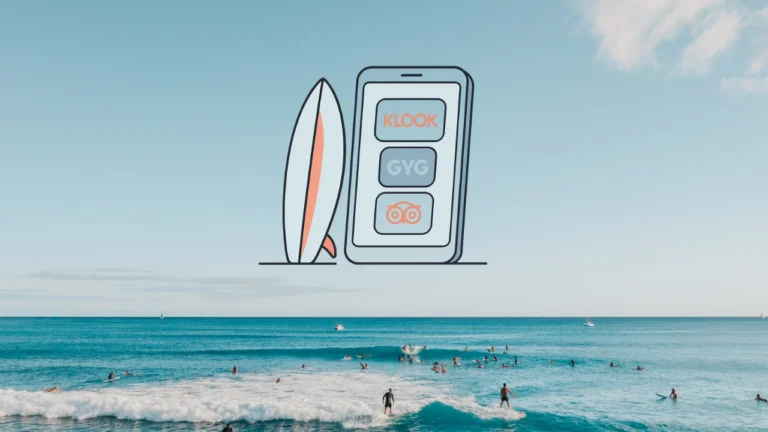What Is a PT?

A PT, or Limited Liability Company, is a formal business structure recognized as a separate legal entity from its shareholders. Governed by Indonesia’s Company Law, a PT is widely considered the most professional and credible business entity. It is ideal for startups aiming for growth, scalability, and credibility in the market.
In a PT, shareholders are only liable for the company’s debts up to the value of their shares. This means personal assets are protected, providing a significant advantage for entrepreneurs seeking financial security. Moreover, a PT can be owned by local individuals, foreign individuals, or corporate entities, making it a flexible option for both domestic and international businesses.
The setup process for a PT requires adherence to strict legal requirements, including a minimum paid-up capital, registration with relevant authorities, and compliance with corporate governance regulations. While the initial costs and administrative burden may be higher, the long-term benefits often outweigh the challenges.










